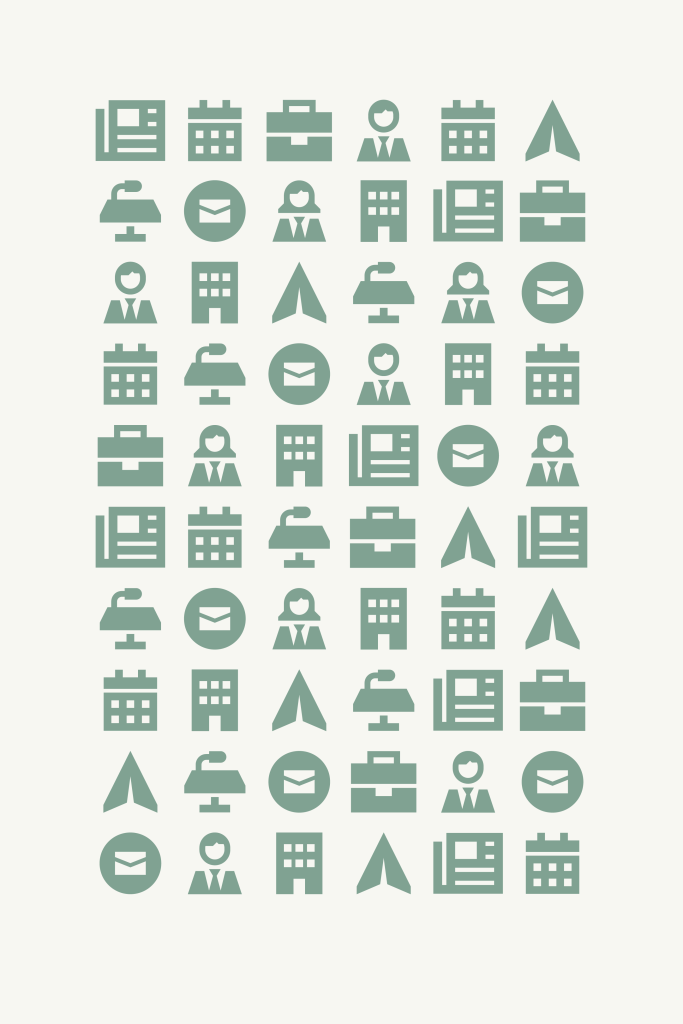It’s easier to edit than create. Well, for most people anyway.
But why is this? Well, your brain likes to take the easiest path. That’s why creating something from scratch is hard work, and learning to do new things is even more work.
As soon as you’ve formed some initial ideas or thoughts though, it’s easier to get going. ChatGPT is a tool that people are using to help kickstart these thoughts (and many more things too!).
Here, I delve into what on earth ChatGPT is, and how it can support finance teams to do better work.
What is ChatGPT?
ChatGPT is an AI language model developed by OpenAI that can generate human-like responses to a wide range of questions and prompts. I recently spoke about it in my monthly newsletter, which you can sign up for here.
It’s trained on a large dataset of text (basically the internet up to 2021). You can use it in all sorts of situations, like getting ideas on how to automate repetitive tasks, or finding the answer to an almost infinite number of questions to save you trawling through Google (from experience, you do still need to fact check!).
So how can it be used in finance?
It can’t do all your work for you (unfortunately), but it will enable you to do your work more effectively in the amount of time you have to do it.
Let me be clear on this though. As of now, I’m not seeing it as a time saver as there are still some developments that need to be done. It’s more that you can spend the same amount of time on something, but your output will be much better. Therefore your own personal development will be better by using it.
In my opinion, there are 3 key areas that ChatGPT can help you with in your finance role;
- Doing your job
- Getting better at your job
- Managing your career
Doing your job
This software can help you do your job better. You can look up things like:
- How to build a cash flow model
- How to use a particular function in Excel, or which one to use
- Ask what accounting policies are, or how to create one
- Ask for data and information on a particular type of company
- And much more.
You can ask it all these things to do with your day-to-day job. So instead of asking your boss ‘how do I do that?’ you can ask ChatGPT instead.
Remember: Right now, it won’t necessarily be perfect, but it will give you a great starting point for how to think about things. You also need to remember that it is only trained up until 2021, so some of the information might be outdated or unavailable.
Getting better at your job
Once you know broadly where your personal development areas are, you can use ChatGPT to help you get better at certain things. For example, you could ask it;
- What would be a great way to learn how to use Power BI?
- What is great finance business partnering?
- What are the key skills needed for becoming a manager?
The answers aren’t going to be enough to get you really good at a certain thing, but they will give you the starting points you need to build on. Once you know the right follow up questions to ask, you can also ask it to go into deeper detail too, which can be really helpful for planning your next steps.
Microsoft has recently launched Copilot – a feature which integrates ChatGPT into Excel, PowerPoint, Word and Outlook. This should be able to assist you more effectively with many areas of your work, as well as help you develop skills on the features you use less regularly.
How to manage the next steps of your career
Thirdly, it can really help you more broadly when it comes to thinking about managing the next steps in your career. For example, you can ask;
- Where is the future of the finance industry going?
- What finance technology is changing?
- How do I write a great CV?
- How can I be great in an interview for senior leadership in finance?
- Which skills should I develop that are relevant for the future in finance?
So why isn’t this time-saving?
There are issues and limitations on how and when it can be used. I’ve found that it can generate convincing-sounding nonsense that could be taken as the truth if you don’t know any better. What’s more, if it has gaps in its knowledge, it makes it up using any other information that it has available. So, with the time it takes you to fact-check what it tells you, it may not end up saving you any time at all.
Everything is now two years out of date, so what was true then might not be now… And a lot happens in two years! (although more recent versions including Bing integrations are now using real-time data)
Lastly, it says it can do things that it can’t actually do. Things that in theory one day it will be able to, but right now the functionality isn’t there. For example, it says you can use it to build an Excel model, but you can’t currently connect it to Excel. Unless you’re using the new Microsoft Copilot feature.
Because of this, it’s probably better to treat it more like a brainstorming session partner.
It can be useful for asking things like ‘what would be a standard operating policy on how to build a risk framework?’. Most of the information it gives you will be useful, but it may not be 100% perfect. However, what it will do is give you a really good breadth of things to think about.
Is it really that useful?
Given all of this, you may be questioning if it’s really that useful. The reason I think it is so useful is that it allows you to think more broadly and deeply than you would otherwise.
Remember: it’s still early on in its development(!) as it was released in November 2021. The last time I remember being this excited about something was the first time I used an iPhone back in 2007. That moment of knowing that things will never be the same is here again!
In the next few years
Every person should be thinking about how they can use ChatGPT in their job to do things more effectively, but it won’t start doing everything for you just yet! When you need to come up with something from scratch, it’s a lot easier using hints from ChatGPT. As I said at the start, editing is a lot easier than creating!
In conclusion
I’ll be keeping an eye on any advancements that I think will be particularly helpful for finance. But if you would like to talk about it more, get in touch with me and I’d be more than happy to talk things through.


